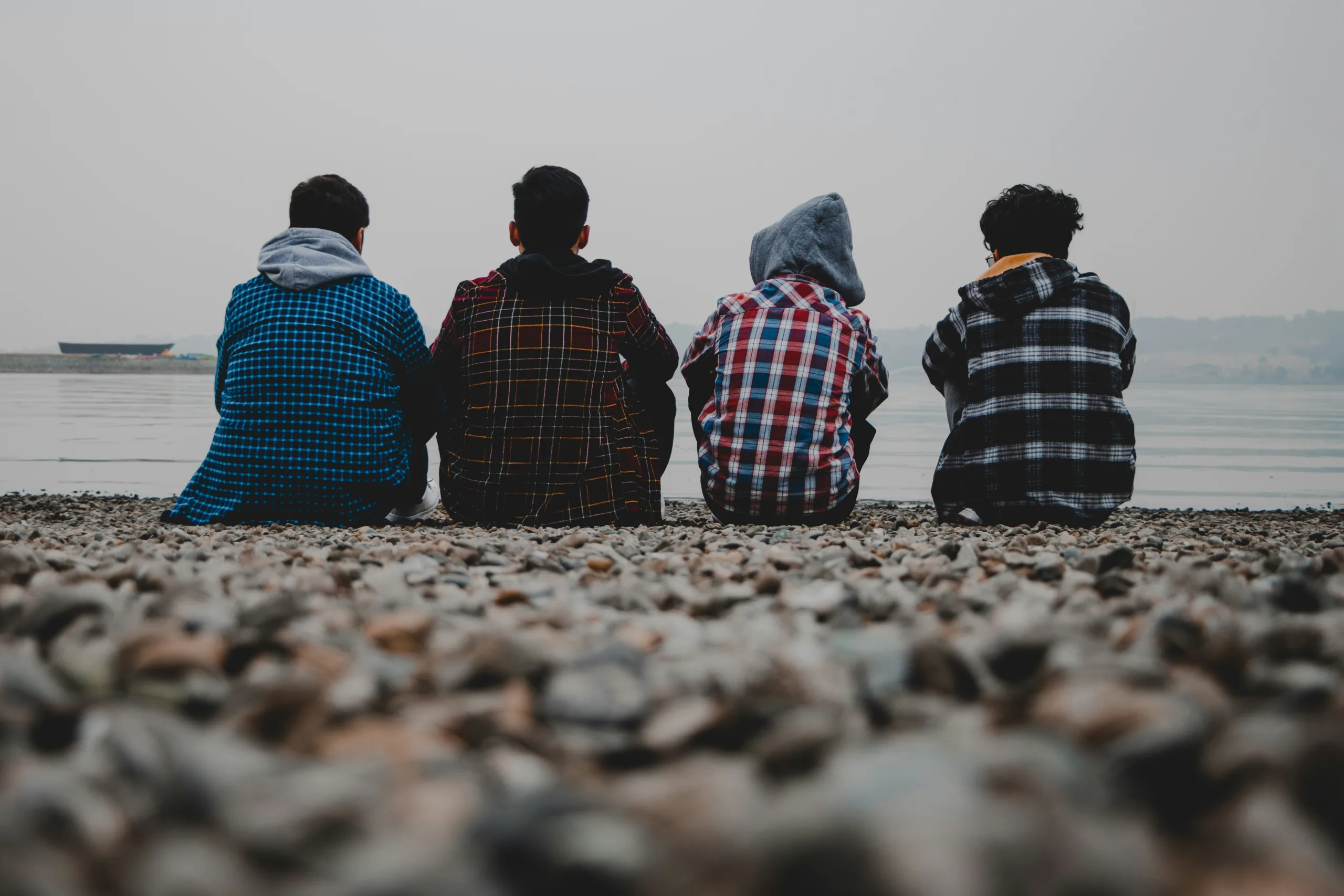Ukrainian teenagers who were forced to move to Poland because of the war face a number of difficulties that significantly complicate their adaptation. Language barriers, social isolation, peer pressure and a deep desire to return home all contribute to a difficult reality for thousands of families.
Journalist Halyna Khalymonik, who lives in Poland, described typical stories of Ukrainian children who found themselves in the Polish school system in an article for Sestry. According to her, even those who have formally integrated — going to school, taking exams, communicating with their peers — do not always feel part of the community.
Read also: Record number of cases of animal cruelty recorded in Ukraine
Fifteen-year-old Sofia, who lives in Lublin, says that Ukrainian students in her class were singled out even in terms of how they were addressed. According to her, Polish children already had their own groups and rarely tried to make contact with the newcomers. Her mother, Oksana, recalls that the family did everything possible to adapt: learning the language, participating in events, communicating with teachers. However, unlike her younger son, her teenage daughter found it difficult to adapt.
Older teenage boys were particularly vulnerable. Many of them faced prejudice: they were told that they should be at the front, not abroad. 18-year-old Artem was humiliated at technical college to such an extent that he stopped attending classes. His mother, Nadiya, worked several jobs to provide for her children, but only found out about the situation several months later.
Read also: 87% of Ukrainians support the return of refugees home
Another mother, Olesya, recalls how her eldest daughter successfully enrolled in a Polish university, played sports, and seemed to be a model of perfect adaptation. But as soon as she turned 18, she bought a ticket to Kyiv and went back — to the same apartment from which she had once fled the war. Her younger daughter has still not been able to adapt: depression, frequent school changes, medication and a constant desire to return home.
However, there are also stories of partial success. For example, 19-year-old Maxim tried to overcome the barrier through informal communication, sometimes even using controversial methods. He managed to establish ties with his Polish peers, learned the language, entered university and now helps other students — both Ukrainians and Poles. According to him, integration began when he stopped seeing himself only as a ‘refugee.’
Talent and participation in extracurricular activities — sports, music, art — also help with adaptation. Teenagers are more often accepted into sports teams than into school groups, where established groups are less open to newcomers.
Read also: The number of Ukrainian refugees in the EU has increased again
Support from teachers also plays a significant role. According to the mother of 17-year-old Oleksandr, it was the participation of teachers in the first steps of integration that helped her son overcome stress and believe in himself.
According to many parents, the adaptation of children is directly related to the emotional state of adults. If the family lives in isolation, communicates only with Ukrainians and longs for home, it will be more difficult for the child to fit into the new environment. But if the parents themselves are open to new experiences, this is passed on to their children.
Psychologists emphasise that integration is a complex process and does not always happen quickly. Teenagers need a clear message: ‘You are here for safety, but you can return home stronger — with experience, knowledge and contacts.’ This is what gives them the resources to move on, even in a forced reality.
Read also: Switzerland criticises the behaviour of some Ukrainian refugees



